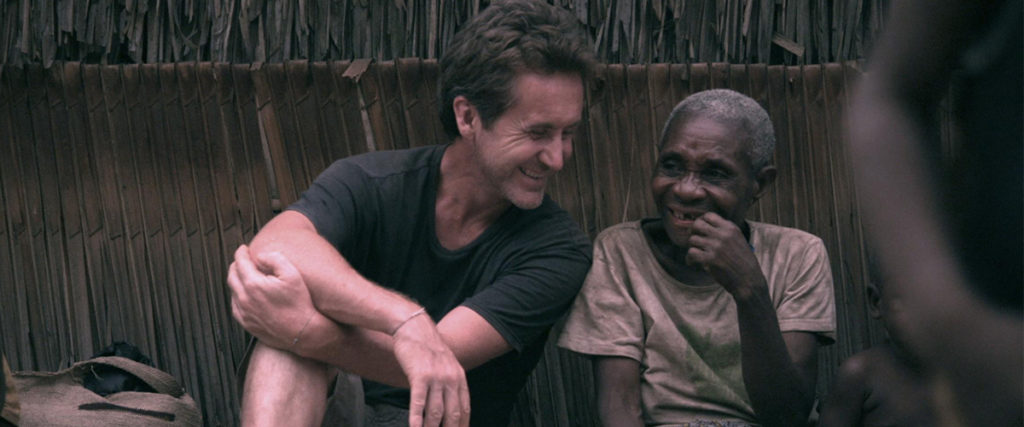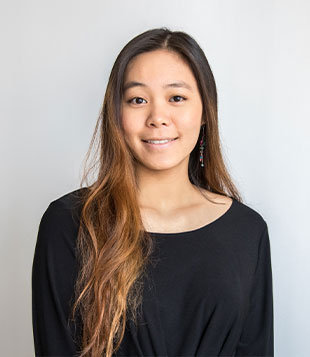This week, former BBC presenter and Bafta-Award-winning filmmaker Bruce Parry jetted to the urban jungle of Hong Kong in partnership with Hive Life to premiere his latest, very personal project, the documentary film Tawai.
British television host and explorer Bruce Parry recently made his way to Hong Kong, bringing his down-to-earth spirit for adventure most often seen in some of the world’s most remote places to a city of skyscrapers. Best known for his three award-winning BBC documentaries, Tribe, Amazon and Arctic, the former Royal Marines commando made a name for himself more than a decade ago as the man willing to go where many others simply wouldn’t, and all in the name of telling a story. Fully committed to immersing himself in his subject, Bruce did it all – from pushing a bone through his nose with the Kombai of West Papua and taking powerful hallucinogens with the Babongo of Gabon to having his skin slashed with thorns in an ancient ritual of the Suri in Ethiopia – securing his spot as one of TV’s most engaging, and beloved, storytellers.
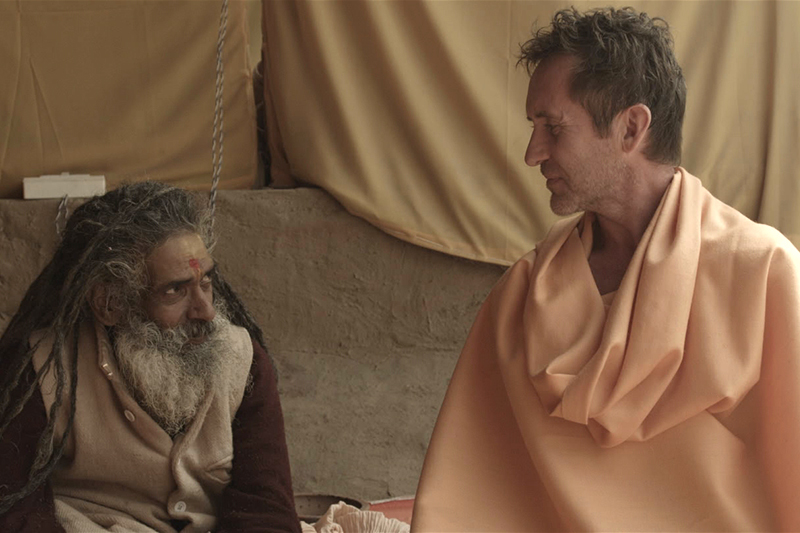
It was, therefore, no surprise that there wasn’t a shortage of fans who turned out to meet the man himself at a series of events held in collaboration with the Hive. In town to spread the word about his new and extremely eye-opening documentary Tawai, he co-hosted its Asian premiere with Hive Life, showing it at the Hive Spring whilst live streaming it to a full house in four major cities across our network. Explorer Experiences, a fireside chat with the man himself, was a sellout evening of thought-provoking discussion and jaw-dropping anecdotes as he recounted some of his most extreme adventures and explained the very personal purpose behind his current project.
The brilliant cinematography in his film Tawai charts Bruce’s journey through the forests of the Amazon and Borneo and through to the River Ganges and the Isle of Skye. Beginning with the Penan tribe, a community that holds true to the principles of an egalitarian society, Bruce embarks upon a poetic and philosophical exploration, investigating the changes in our empathic connection to nature and the world views that underlie the structure behind our societies. A departure from his faster-paced, adrenaline-filled adventures at the BBC, as he explains it, “Tawai embodied the essence of what I had learned. I couldn’t continue with the usual type of documentaries until I had shared this deeper realisation.”
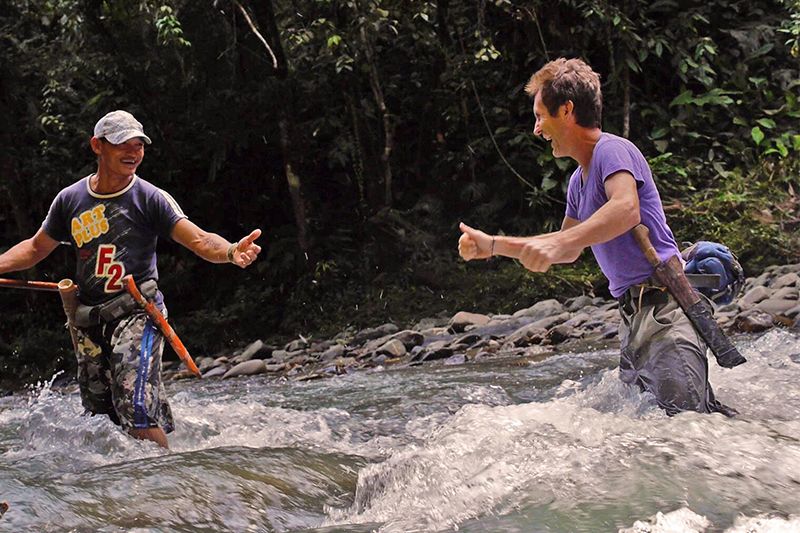
A word native to the hunter-gatherers of Borneo, the name Tawai is a representation of the elusive meaning that the documentary seeks to convey. It refers to a connection forged between individuals of the tribe and their forest home. “In many ways, ‘tawai’ describes a feeling that, culturally and linguistically speaking, we have lost,” Bruce explains. Originally titled “Quest,” the documentary was renamed in the editing process, reflecting his desire to truly depict the remote communities that are the beating heart of his movie, to transmit their own message (rather than our interpretation of it), and reveal the insights they offer – insights he feels we should urgently hear.
Bruce is optimistic that his documentary will help people connect with and comprehend the true impact of our way of life, on each other and on the planet. “To open up to this feeling, this pain, can be overwhelming. But to cut ourselves off from this feeling is to anaesthetise ourselves to life,” he warns. Instead, he hopes to inspire positive change; “The hope of the film is that it sheds light on how it is that we have come to be in the situation we are in, and that there is no need to feel hopeless or helpless. By expanding our capacity for feeling and empathy, we can do what is needed.”
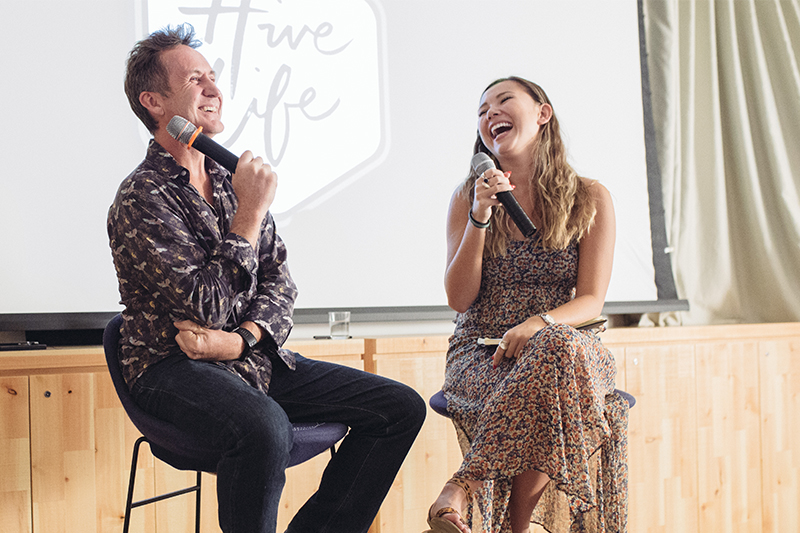
As he revealed in his Q&A sessions with Hive Life, Bruce is, for now, putting his adventuring days behind him. With his newfound knowledge from his time with the Penan tribe, he plans to start up an egalitarian community in Wales. “One of the main things I learned on my travels was the necessity for us to feel connected to people and places and nature, and I want to try and bring this into my life a lot more,” he relates. It’s been more than a decade now since Bruce first opened our eyes to an alternative worldview being lived out in some of our planet’s most far flung and exotic places. Now, he’s doing the same, just a lot closer to home. Given the man’s passion, spirit and relentless quest to show that there is another way to live, another worldview to see, it will, no doubt, be another journey that is fascinating to follow.
Related Articles
Japan Camera Hunter: Why Analog Photography is Making a Comeback
Ray Yeung: The HK Filmmaker Fighting for LGBT+ Representation
